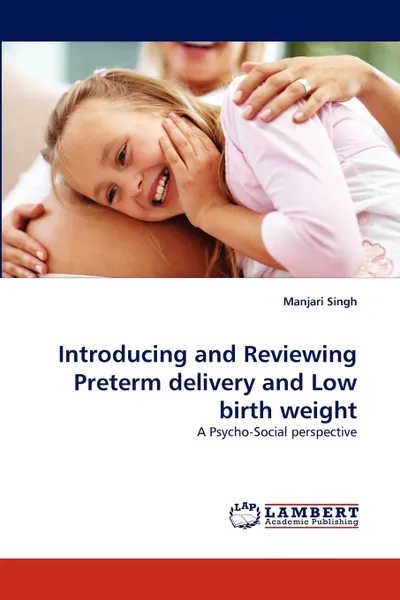Introducing and Reviewing Preterm delivery and Low birth weight 12+
🔖 Pregnancy is an event that changes many perspectives of women's life. It is regarded as a time of psychological and biological crisis and emotional upheaval. Since, about 90% of all women become pregnant at least once in their lives, it seems highly relevant to investigate psychological changes during pregnancy. It is the manifestation of various psychological and physiological changes that substantially contribute to emotional disturbance and the long term implications of adverse birth outcomes such as preterm delivery and low birth weight. Data from epidemiological and clinical studies consistently demonstrates that prenatal maternal stress and negative mental health such as anxiety, depression and somatic health complaints are independent risk factors for preterm delivery and low birth weight. However, a relatively unrecognized methodological issue in studying psycho-social factors during pregnancy is that pregnancy itself presents unique psychological and social challenges. Unfortunately pregnancy specific measures have not been commonly included in studies related to preterm delivery and low birth weight.
Мнения
